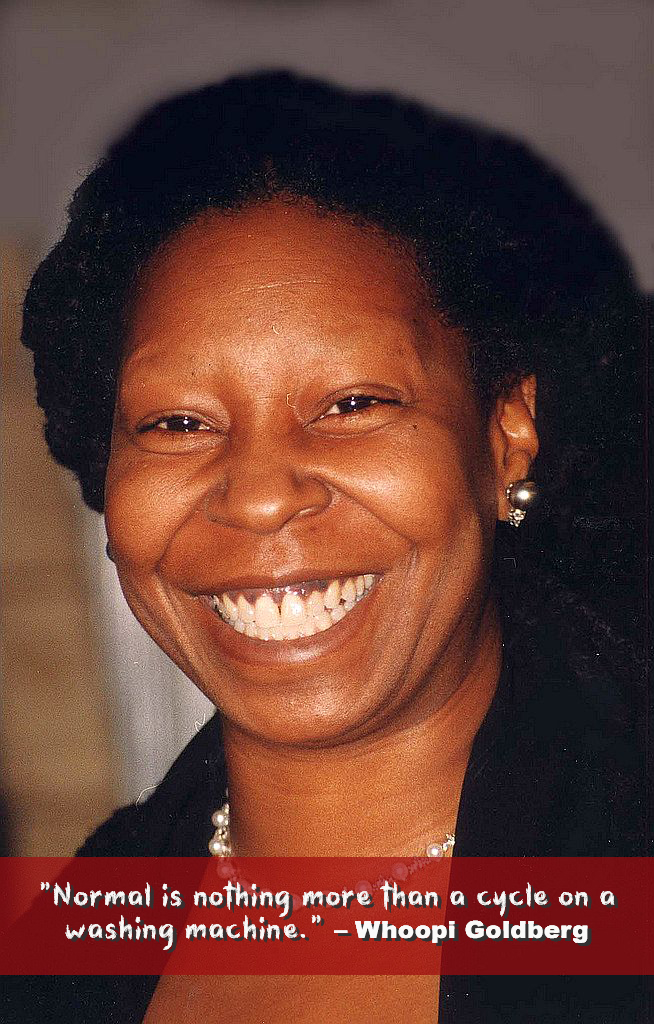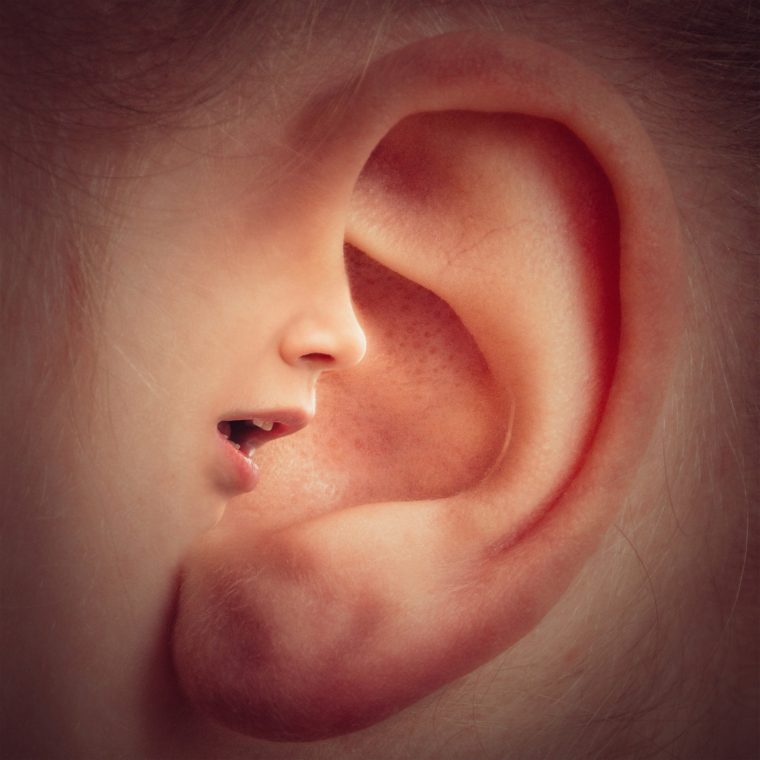A child’s high school experience can be pivotal. For a dyslexic, it’s an even greater achievement, considering that 35% of dyslexics drop out of high school.

My dearest K,
I can’t believe this time has come. You never thought you would achieve this much. But our God has been faithful! You are at the end of High School, and it’s your graduation day. Well done, my child!
Some Things Remain
Testing seemed to have been the first order of high school. Those pre- and post- IOWA tests seemed to be written in a different language and the New York State Regents examinations loomed ahead and you didn’t know what to expect. Now, the bulk of schoolwork had to be done at home, since school hours were spent in discussions and experiments.
You still struggled for hours, every night, to complete your homework assignments; and your late nights made it difficult to wake up early for school, the next day. But you pushed on. It was a blessing you had the Learning Ally audio textbooks to accompany your print books.
You still weren’t very motivated to go to school, but you went, without complaining.
Do you remember how, in addition to your school, you had to work through those brain exercises and the Learning Ears program? It seemed like intervention programs would never end, but I kept pushing and encouraging you.
A New Experience
High school was different from elementary and middle school. For you, it was a good change. Here students were expected to be responsible and you were no longer dependent on teachers.
The many intervention programs began to pay off. You’re reading better and not afraid to be called to read in class. You learned tips and tricks of blending with the crowd and appearing “normal,”
You were involved in more student interaction and collaborations and were accepted into the groups without question.
Teachers
Your teachers here were empowering and less punitive.
Your 9th grade homeroom teacher set the tone and spiritual foundation for your high school experience. She was kind, supportive, friendly, yet demonstrated excellent classroom control.
Your 12th grade homeroom teacher and Digital Media teacher (whom we found out later is also dyslexic) were great cheerleaders.
You history teacher taught you much about the philosophy of living, and kept you curious about life and the world.
I don’t know what you told him, since you determined not to let anyone in your school know you were dyslexic, but it was admirable of your Bible teacher to allow you to take his scripture memorization tests verbally, rather than written.
Your science teacher, Ms. A., took the crown. She was focused on your success. She was the reason you scored so high on the Biology Regents. She taught you how to explain yourself verbally and on a written test. She moved around the class and met you and your classmates on your level. The atmosphere she created in her classroom made it easy to ask any question, and not feel ridiculed. Along with that, she seemed to put extra effort into getting you to the point of clarity, then remembered to celebrate your successes and cheer you on to the next level. All in all, she made learning fun, and your high school experience enjoyable.
Your teachers didn’t seem bent on embarrassing you, but allowed you to take responsibility for your decisions and actions.
Friends
It was easier to relate to your classmates and you acquired female friends. Even when you misspelled or verbally mixed up words and phrases, your friends just laughed, corrected you and moved on. When you didn’t understand some concepts, they chuckled and explained it. It just wasn’t a big deal!
What relief I felt that you maintained a pleasant demeanor and displayed no more evidence of daily anxiety. The communal atmosphere certainly added to what I was doing to build your self-esteem. You took your inclusion in activities and the respect shown to you as evidence of your friends’ trust.
To top it off, your peers considered you to be smart.
Successes
Your work ethic began to pay off – you are reading better.
More importantly, you now understand the implications of your different thinking style and have discovered how to teach yourself to learn, and developed a personal manifesto:
- Passing or failing is a decision.
- If you wanted to pass, you needed to prepare, and it was up to you to adequately prepare for upcoming examinations.
- It was okay for your preparation to look different from your peers.
- You should not rely on your teachers or even me.
- You must be deliberate and intentional when asking questions.
- You will remain after school and ask your teachers additional questions to further your understanding of the concepts taught that day.
Finally getting a grasp of how you learned helped you prepare for and pass you exams.
Your high school experiences helped you see that, although you may learn and see the world differently from others, the foundation for success is the same.
You made a conscious decision to pass and be a success in life.
Do you remember the knot-board you created for your club assignment? It was so creatively organized – so exceptional – the club director kept it as a sample to show future members.
Your decision to be intentional about your success permeated every area of your life.
You are admired by young people and adults alike.
Today, you graduate Valedictorian of your class. Yes! VALEDICTORIAN!!!
You deserve every moment of your celebration!
Look out College. Here she comes!
Love,
Mom
How has your child overcome personal challenges to achieve success in some area of life?











